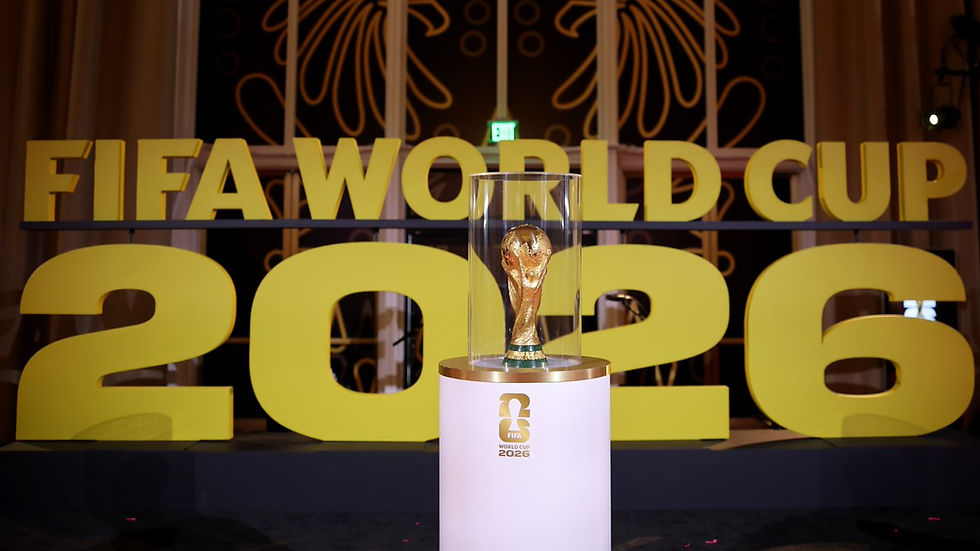Germany, Belgium, and the Netherlands: A United Bid for the 2027 FIFA Women’s World Cup.
- Roger Hampel

- Sep 28, 2023
- 2 min read
Roger Hampel

Football, known to connect people across borders, is set to witness an innovative venture. Germany, Belgium, and the Netherlands are jointly vying to host the 2027 Women’s World Cup. This collaboration is not only about celebrating sports but also showcasing the deep-rooted unity between these nations.
"Breaking New Ground": A Tri-Nation Initiative
The campaign, aptly named “Breaking New Ground” or BNG, signifies the fusion of Belgium, Netherlands, and Germany in this pioneering effort. If green-lit, the Women’s World Cup would be hosted across three European territories for the first time, following the dual-nation precedent set by Australia and New Zealand for 2023.
Leadership Endorsement: A Continental Commitment
The top-tier leaders of Germany, Belgium, and the Netherlands have expressed unwavering support for this bid. Their collective vision? To harness Europe as the epicenter of global football unity and position the Women’s World Cup as a symbol of football, peace, and exhilaration.
The Dutch Catalyst
The momentum for women’s football has been on an upward trajectory, especially post the 2017 Women’s European Championships held in the Netherlands. This inspired the idea of a grander, joint World Cup, encompassing their neighbors - Germany and Belgium.
Beyond the Pitch: Deepening European Ties
Bernhard Liemann, an esteemed Benelux specialist, highlights that this World Cup could serve as a linchpin in strengthening the camaraderie between these three EU nations. Their historical bond, stemming from their foundational role in the EU, could be rejuvenated through this joint venture.
A Sustainable, Compact, and Diverse Vision
One of the bid’s core tenets is sustainability, exemplified by ensuring shorter travel between game venues. Select cities like Dortmund, Düsseldorf, and Cologne (from Germany's North Rhine-Westphalia) are in contention, ensuring less travel, while providing fans with the rich, varied culture of three distinct nations.
Germany, Belgium, and the Netherlands: A United Bid for the 2027 FIFA Women’s World Cup.
The Decisive Countdown to 2024
With bated breath, the world awaits FIFA’s verdict in 2024. Pitted against the bids from South Africa, Brazil, and the combined might of the US/Mexico, the tri-nation European bid is nothing short of revolutionary. Regardless of the decision, FIFA’s commitment to gender parity in funding sets the tone for a progressive future.
In summation, the joint endeavor by Germany, Belgium, and the Netherlands is more than a bid—it’s a testament to unity, sustainability, and the evolving ethos of football. As 2024 approaches, this initiative stands tall, potentially reshaping the future landscape of World Cup bids.








Comments